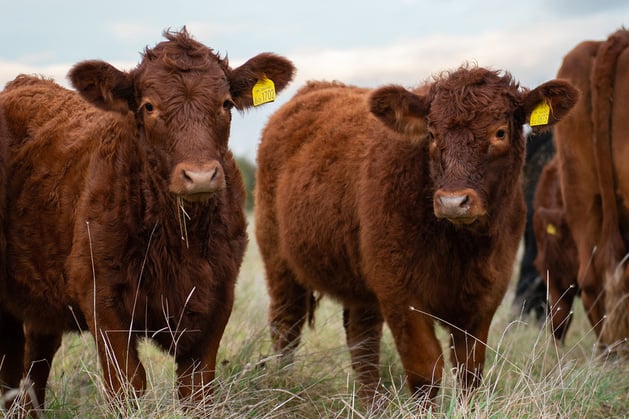Monmouthshire’s livestock trade set to take financial hit after Wales introduce limits on moving livestock into the country.
While the deadly disease is yet to have reached the Welsh border, the Welsh government believe the infection is inevitable and will attempt to hold it back for “as long as we can”.
The farming industry has warned the implications of this decision could prove “catastrophic” for cross-border trade.
Spread by midges, bluetongue poses no threat to human health or food safety. However, does have serious consequences for livestock such as sheep and cattle, the animals that dominate Monmouthshire’s farming industry.
Phil Jones, Market Manager at Monmouthshire Livestock Centre, said:
“The impending movement restrictions will have a catastrophic effect on the Livestock Industry both sides of the Border.”
“We rely on free movement for trade and the whole of Industry is in agreeance that the damage that these restrictions will have, will be far worse than the disease itself should it even reach Wales.”
“Farmers have the opportunity to vaccinate should they wish to do so.”
Laura Anne Jones MS, has also denounced the government’s decision to impose restrictions on livestock movement, claiming the move was disproportionate and will prove ineffective.
She explained:
“Anybody who knows anything about farming knows that bluetongue is spread by midges, and is not spread from livestock to livestock.”
“Most farmers who I have spoken to, who of course want to stop the spread of any disease, cannot see how these restrictions will solve this issue. It’s hard to justify the high level of restrictions being put in place, especially when you take into account the devastating financial impact this will have on many farmers.”
This comes at a time when farmers are already being battered by the Welsh and UK governments, meaning these restrictions could have a worse impact on our farmers than bluetongue itself.





Comments
This article has no comments yet. Be the first to leave a comment.